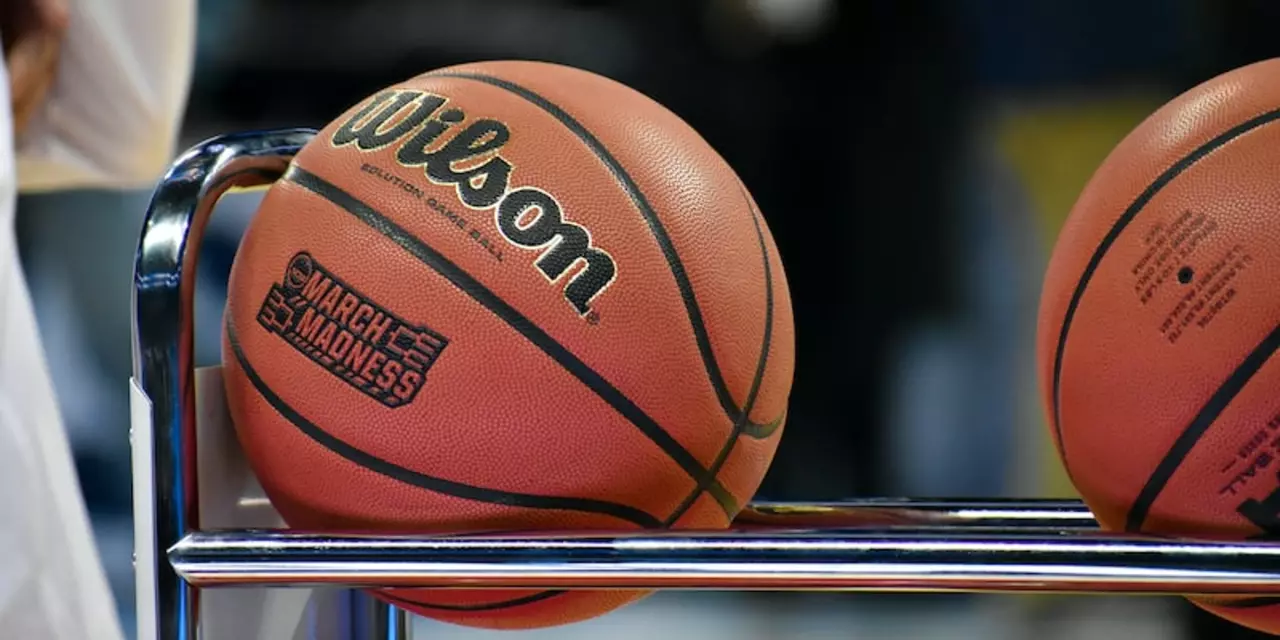Cagers – All Things Basketball at UK Rebels
If you love basketball, you’ve probably heard the word “cager” tossed around in forums and on the court. It’s just a cool nickname for anyone who plays the game, originally because early courts were made of chicken wire cages. Today it’s a badge of pride for players, fans, and anyone who lives for the bounce.
On the UK Rebels site, the Cagers tag pulls together every article that talks about the game itself – from court dimensions to legendary players, from youth programs to big‑time upsets. Think of it as your one‑stop shop for all the stuff that makes basketball tick in the UK.
What does “Cagers” really mean?
Back in the day, the first indoor basketball venues were literally cages to keep the ball in play. The term stuck, and now it just means “basketball players.” When you click the Cagers tag, you’re joining a conversation with anyone who’s ever dribbled, shot, or just watched a game on TV.
It also signals that the content is about the sport itself – rules, tactics, history – rather than unrelated news. So if you’re trying to learn why a three‑second violation exists in the NBA but not in FIBA, the Cagers tag will have you covered.
Why follow the Cagers tag?
First, you get the latest news about UK basketball. Want to know how long a court is? There’s a quick rundown that tells you professional courts are 94 feet long while high‑school courts are 84 feet. Need a refresher on the biggest upsets? The UMBC vs. Virginia story is right there, breaking down how a 16‑seed shocked a 1‑seed.
Second, the tag showcases hidden gems. One post shines a light on Dražen Petrović, a legendary European player many people outside the continent never hear about. If you love discovering under‑the‑radar talent, you’ll appreciate these deep‑dive pieces.
Third, it helps you improve your own game. Articles about AAU’s impact on youth basketball or the safety of shooting at hoops of different heights give you practical advice you can use in the gym or on the court.
Finally, the tag connects you to the community. When you read about LeBron James, Angela Rayner’s political drama, or the Pope’s controversial comments, you see how basketball culture intersects with broader topics, sparking conversation among fellow cagers.
Want to get involved? Join the UK Rebels forum, comment on the posts you like, and share your own experiences. Whether you’re a seasoned player or just picked up a ball for the first time, your voice adds to the growing narrative of British basketball.
Here are a few must‑read posts under the Cagers tag:
- How long is a basketball court? – Clear breakdown of court measurements and why they matter.
- Who is the greatest basketball player that is relatively unknown? – A tribute to Dražen Petrović.
- How did UMBC beat Virginia? – The play‑by‑play of the historic NCAA upset.
- Is AAU destroying youth basketball? – A look at the pros and cons of the AAU system.
- Why is there no defensive 3‑second violation in FIBA? – The rule differences between NBA and international play.
Each article is written in a friendly tone, so you won’t feel like you’re reading a textbook. Grab a coffee, scroll through the posts, and you’ll quickly get up to speed on everything from court layout to the latest debates.
Bottom line: the Cagers tag is your gateway to the heart of UK basketball. It’s packed with practical tips, inspirational stories, and a community that’s eager to talk shop. Bookmark the tag, check it regularly, and you’ll never miss a beat in the world of hoops.
Why were basketball players sometimes called 'cagers'?
Basketball players have been referred to as cagers since the early 1900s, when the sport was first gaining popularity in the United States. The term is derived from the wire cages that were used to keep spectators out of the courts and to keep the ball from leaving the court. This term was used to refer to those who played and watched the sport, which was the first step in creating a distinct culture around the game. As basketball continued to grow, the term cager became a sign of respect and admiration for those who play the sport. Today, the term is still occasionally used, though it has largely been replaced by words like hooper or baller.
read more
